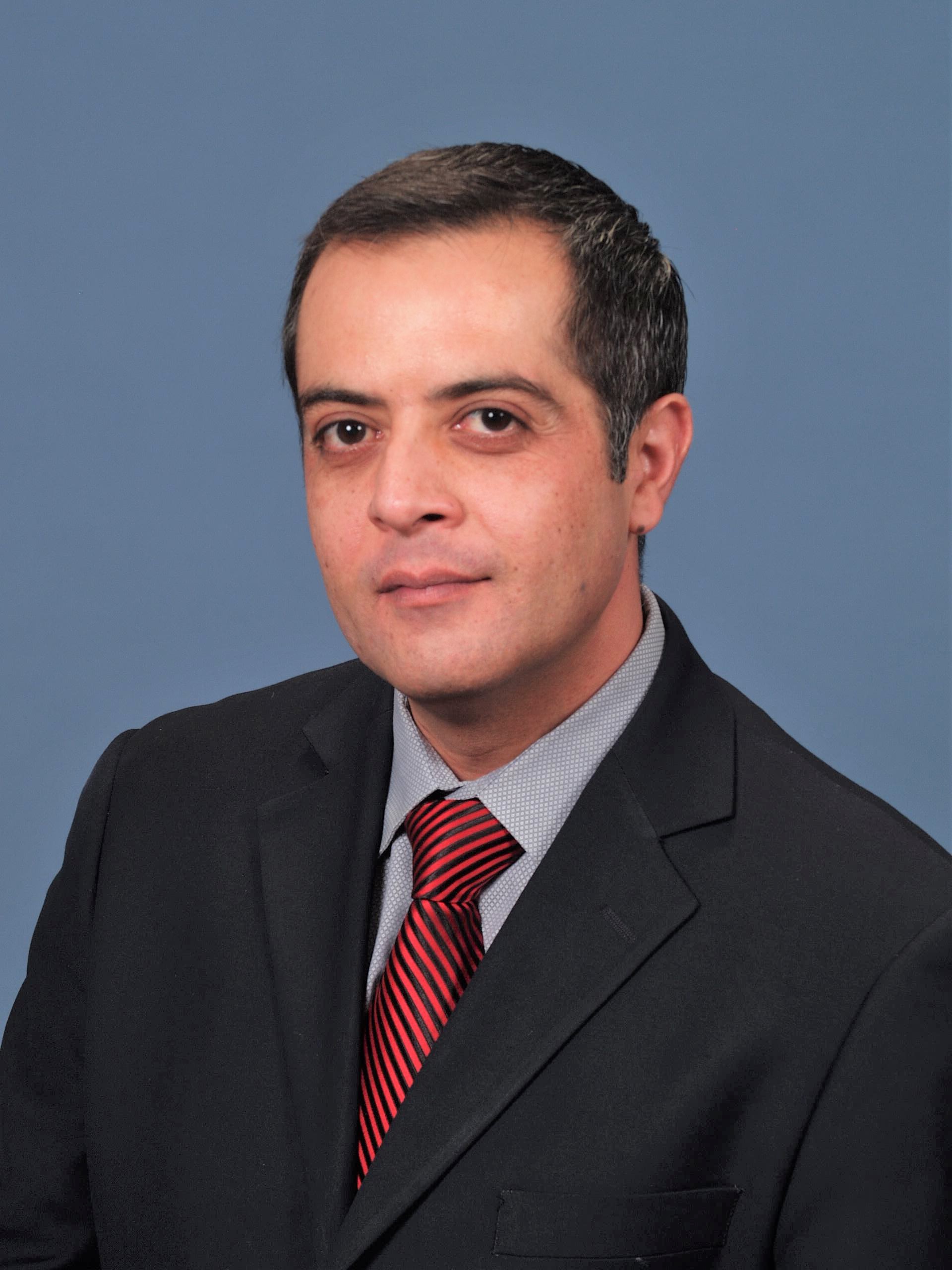Ravneet Bhandari is no stranger to handling money. Bhandari, now the CEO of LodgIQ, a hospitality-focused revenue optimization solution provider, has more than 25 years of experience in the hotel and gaming industry, including stints at Hyatt International, Caesars Entertainment, Trump Entertainment Resorts and Starwood Capital.
In Bhandari’s own words, revenue management has always been a part of his portfolio, either directly or as a function of what he is doing at a given moment in time. With confidence in his own knowledge of hospitality and the skill of his team, Bhandari launched LodgIQ in November 2015.
“We had an idea to do something disruptive,” he said.
Hospitality industry veterans are well aware that disruption pays out in dividends, and Bhandari wanted to make it his business to see hotels earn as much per stay as they can, and do it by thinking outside of the box. This all comes across through the company’s LodgIQ RM product.

At the basic level, revenue management is all about forecasting occupancy and optimizing rates. Hotels have been using data to forecast traffic for two decades, but today’s distribution landscape has become disintermediated over the past 20 years. Travelers find their way to hotels through a variety of channels, and Bhandari said if operators are only looking at their own hotels’ historic data they are missing a huge picture of the market.
“We attempt to forecast the market on a given day,” he said. “We start with somewhere like New York, then focus on a region. Demand in cities is a good indicator for the rest of the region, but you have to localize it to have any accuracy. Eventually we’ll zero in all the way onto just the hotel, and use all of the data to look at the big picture.”
The company’s optimization tool similarly eschews a canned algorhythm for picking rates. Instead, it undertakes a process similar to that of the forecasting tool, starting at the market level and zooming down to the hotel level, trolling for relevant data along the way to help operators produce improved pricing recommendations.
While in the process of building LodgIQ's RM, the company realized that it had access to such a large number of data sources that it was possible for a future product to bypass a hotel’s property-management system. Following that line of thinking, the company launched LodgIQ One in March 2017, which does just that by operating in the cloud.
“The No. 1 thing holding back revenue-management technology in some cases is they still integrate with the PMS,” Bhandari said. “It’s not unique to us, but there could be significant lag from when a customer puts pen to paper on a booking and when hotels see a benefit. What’s more, the top four to five PMS companies in the market hold 80-percent market share, and signing on with them is a fairly bureaucratic process.”
Just having the right tools isn’t enough to succeed in today’s highly competitive market, Bhandari said, but it’s a step in the right direction. The biggest mistake he sees hotels making is the desire in some operators to separate their distribution environment from their revenue-management practice, which simply doesn’t work.
“They are so linked, and not just in the act of optimization but also integrated demand management, the ability to cross correlate and understand trends across dimensions and even understanding your market and boiling that data down to price recommendations,” Bhandari said. “It’s all easier said than done. So many disparate systems are linked together in hospitality, and why have those disconnects when today’s technology allows you to bring everything together?”
